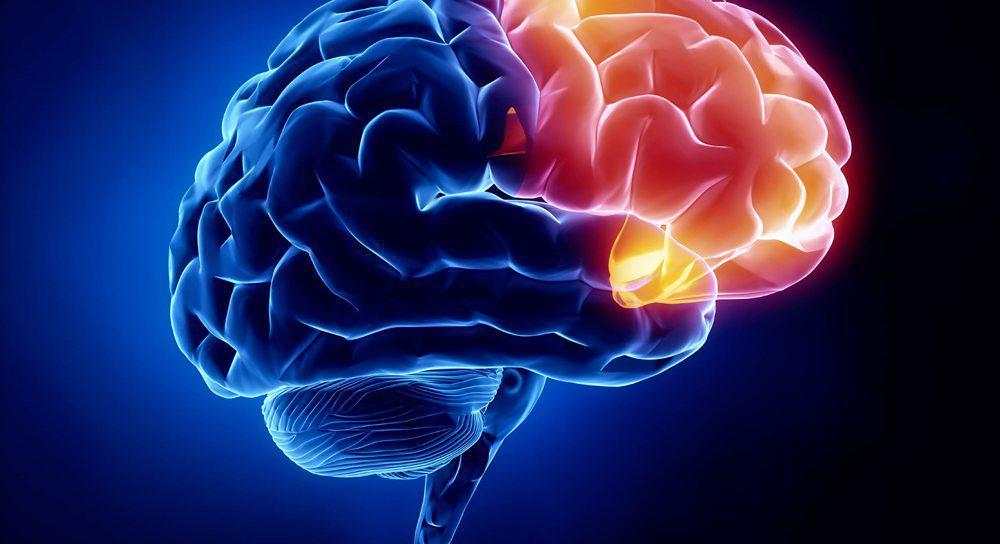
Back to Basics: Traumatic Brain Injuries
 As you are reading this, your brain (specifically your parietal lobe) is processing each word and sentence and instantly recognizes and understands it. Reading is something we do and don’t even think about it (no pun intended). Every action begins with nerves sending signals to different parts of our brains. Whether it be deciding what class we want to take or how we respond to an injury, it all begins with a thought. And just like our smartphones, our brains have multiple functions. Due to the different responsibilities our brain has for different functions, general patterns of dysfunction may occur depending on the side of the brain sustaining an injury. Whether you have an injury in your temporal lobe which can lead to difficulty with communication or memory or an injury to the frontal lobes, which may affect an inpidual’s ability to control emotions, impulses, and behavior.
As you are reading this, your brain (specifically your parietal lobe) is processing each word and sentence and instantly recognizes and understands it. Reading is something we do and don’t even think about it (no pun intended). Every action begins with nerves sending signals to different parts of our brains. Whether it be deciding what class we want to take or how we respond to an injury, it all begins with a thought. And just like our smartphones, our brains have multiple functions. Due to the different responsibilities our brain has for different functions, general patterns of dysfunction may occur depending on the side of the brain sustaining an injury. Whether you have an injury in your temporal lobe which can lead to difficulty with communication or memory or an injury to the frontal lobes, which may affect an inpidual’s ability to control emotions, impulses, and behavior.
A traumatic brain injury (TBI) is defined as an alteration in brain function, or other evidence of brain pathology, caused by an external force. Traumatic impact injuries can be defined as closed (or non-penetrating) or open (penetrating).
A non-traumatic brain injury is an alteration in brain function or pathology caused by an internal force.
 examples of TBI and non TBI
examples of TBI and non TBI
Depending on the severity of a TBI side effects can vary for different parts of the brain:
Frontal – lack of focus, irritability, laguage difficulty
Parietal – difficulty with reading, spatial misperception
Occipital – bling spots, blurred vision
Temporal – difficulty with short term and long term memory
Cerebellum – difficulty walking, slurred speech
Brain stem – changes in breath, difficulty swallowing
One of the most common TBI’s that can occur are concussions which can occur from a a blow to the head that can result in a temporary loss of normal brain function. But not all hope is lost, at Alliance Orthopedics we can help with treatment and get you back on your feet as you recover! Treatments can include; manual therapy, physical and vestibular rehabiliation, postual re-education, nutrition changes and so much more.
The Alliance Orthopedics concussion team always closely monitors concussion cases even after the patient is discharged. Call today to schedule your treatment today!
– Shruti S.